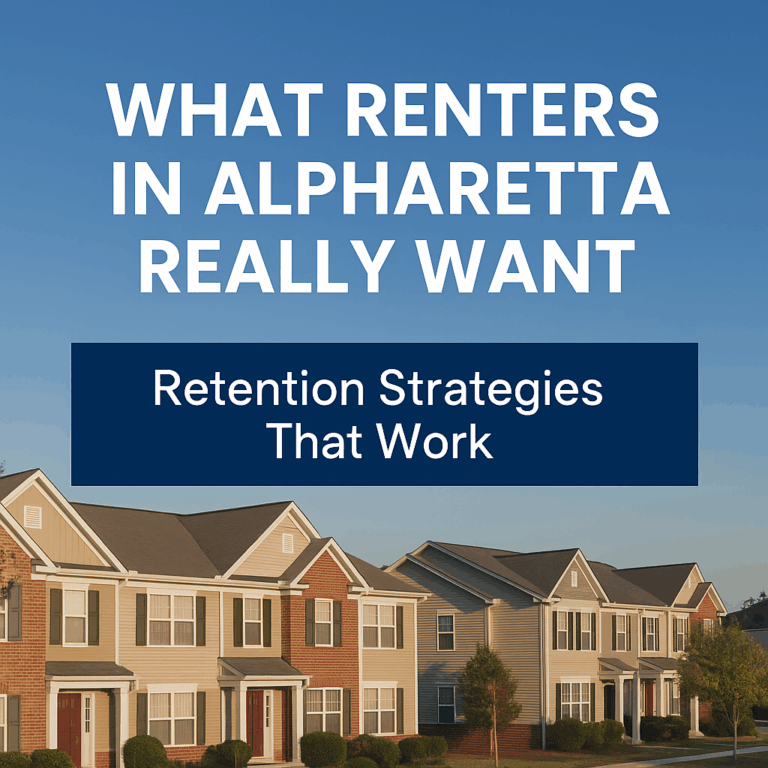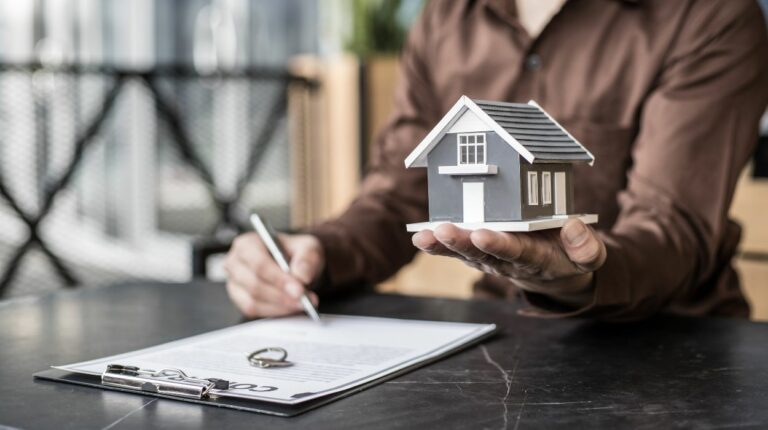What Every New Georgia Landlord Should Know Before Renting Their First Property
 If you’ve unexpectedly become a landlord because you inherited a home, moved for work, or decided to hold onto a property during a slow market because it wouldn’t sell, stepping into this new role might feel a bit overwhelming. While owning a rental can be a great way to build long-term wealth, it also comes with legal responsibilities that aren’t always obvious at first. Understanding Georgia’s landlord-tenant laws and the requirements under fair housing laws is an important first step to protecting your property and staying out of legal trouble.
If you’ve unexpectedly become a landlord because you inherited a home, moved for work, or decided to hold onto a property during a slow market because it wouldn’t sell, stepping into this new role might feel a bit overwhelming. While owning a rental can be a great way to build long-term wealth, it also comes with legal responsibilities that aren’t always obvious at first. Understanding Georgia’s landlord-tenant laws and the requirements under fair housing laws is an important first step to protecting your property and staying out of legal trouble.
Written Lease Contracts
In Georgia, landlord-tenant relationships are primarily governed by state statutes and case law. Unlike some other states, Georgia doesn’t require a written lease for rental agreements that are one year or less, but it’s a smart move to have one anyway. A clear lease spells out the rent amount, when it’s due, how repairs are handled, and what happens if the tenant breaks the rules. These agreements can prevent a lot of confusion down the line. Landlords can collect a security deposit, but once a tenant moves out, any deductions must be documented and the remaining funds need to be returned within one month. If you’re renting a place you’ve lived in yourself, don’t assume it’s “move-in ready” just because it was fine for you. Georgia law requires that rental homes be kept in livable condition. That means handling major repairs like heating, plumbing, and structural safety in a timely manner.
The Eviction Process
Evictions also follow a specific legal process. You can’t just change the locks or toss someone’s belongings out. Even if a tenant stops paying rent, you’re required to provide notice and, if things don’t resolve, file for a dispossessory warrant in court. This typically begins in the Clerk’s Office in the county where the property is located. Trying to skip this step can land you in legal hot water. It’s one of those areas where a small misstep can have big consequences, especially if you’re managing the property on your own.
Fair Housing Laws
Federal and Georgia fair housing laws also apply to anyone renting out property even if it’s just one unit. These laws prohibit discrimination based on race, color, religion, sex, national origin, familial status, or disability. What that means in practice is that you can’t deny a rental application or offer different lease terms based on any of those characteristics. You also have to be mindful of how you advertise. Even well-meaning language like “perfect for a single professional” can be seen as discouraging families and may cross a line. Another area that trips people up is how to handle reasonable accommodations. For example, if a tenant has a disability and needs to install grab bars or keep a service animal, you’ll need to make room for those requests unless doing so creates a serious burden or safety risk.
Do Your Homework First
If this sounds like a lot to juggle, you’re not alone. Many accidental landlords come into this with no formal training or experience. That’s why it’s a good idea to slow down and get familiar with the rules before handing over the keys. The Georgia Department of Community Affairs publishes a landlord-tenant handbook that breaks things down in plain language. Reading through it can save you a lot of guesswork. If you’re unsure about something, talking to a local real estate attorney or property manager can also be helpful, especially when setting up your first lease.
The Big Picture
At the end of the day, being a landlord isn’t just about collecting rent, it’s about managing a legal relationship with your tenants. If you approach it with the same care you’d give to any other important business decision, you’ll be in a better position to avoid conflict and protect your investment. Mistakes happen, but a little preparation goes a long way. Whether you plan to rent for one year or keep the property long-term, getting the legal side right from the start makes the entire process smoother and more sustainable.





